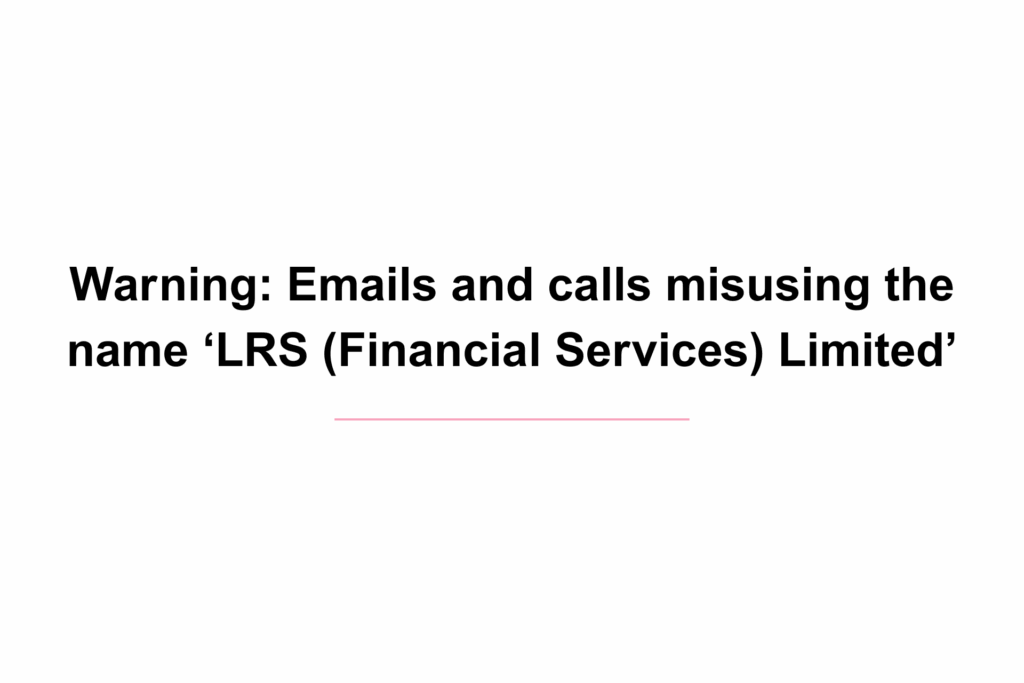Social media can be very effective at helping charities (and indeed businesses in other sectors) to build brand awareness and share updates within their organisation.
However, as explained by The Charity Commission, social media is not without risks. So, it is important to know how best to use it. The Commission has published draft guidance to help charities minimise issues surrounding the use of social media.
This guidance is intended to enable trustees to understand their legal duties in relation to the use of social media, discover how to reduce the risks associated with it, and find ways to deal with incidents, should they arise.
Within the guidance, there are six key topics for consideration, as Mark Lewis, head of Charity Law at Lodders, discusses below:
1) Set a social media policy
The Commission suggests that if a charity uses social media, it ought to have a social media policy. A social media policy will help trustees, staff, volunteers and anyone else involved with the charity to understand how the charity uses social media. The policy should also provide guidance around how to engage with the public on social media, set out conduct requirements for those who are associated with the charity and, finally, explain what to do if something goes wrong.
Within their draft guidance, the Commission emphasises the importance of reporting serious incidents to them, which can include any issues that have significantly damaged a charity’s reputation.
Ensuring that the charity’s reputation is not harmed is one of the key duties of charity trustees, and therefore is of the utmost importance. Bear in mind that in some cases, the use of social media can exponentially increase the risk of a charity’s reputation being negatively affected.
We recently wrote about what to include in your social media policy.
2) Managing potential risks when posting social media content
When it comes to posting content on social media, the Commission states that charities should ensure that the usage is likely to be compliant with any relevant laws, including copyright law, defamation law and UK GDPR rules amongst others.
It is important to recognise that publishing some content can even result in a criminal offence. This includes content that is indecent, grossly offensive or threatening, in addition to communications which constitute a hate crime or are otherwise malicious.
To this extent, the Commission wisely recommends that charities which are involved with vulnerable individuals or campaign around controversial topics should seek independent advice from a qualified professional.
The Commission again highlights the risks of a trustee, employee or volunteer of a charity posting inappropriate content via a personal account, as this could reflect poorly on the charity that they are associated with. Consideration should also be given as to how to address problematic content from third parties on a charity’s social media.
3) Engaging on controversial topics
If a charity wishes to engage on controversial topics, the Commission suggests that the charity considers:
- how this could affect its reputation
- the impact it might have on its staff and resources
- whether its complaints process is fit for purpose
- any other rules or regulations that might apply
4) Campaigning and/or political activity on social media
It is necessary to be aware of the additional rules set out in the Commission’s guidance on campaigning and political activity, and the Commission says that those posting on social media need to be especially careful around the time of elections.
For example, the guidance reiterates that a charity’s purpose must be for the public benefit and an organisation will not be charitable if its purposes are political. So, political campaigning cannot be a charity’s sole activity.
5) Fundraising on social media
The Code of Fundraising Practice applies to fundraising on social media and outlines the legal rules and standards required for fundraising. This includes the principle that fundraising must be legal, open, honest and respectful. All charities are expected to comply fully with the Code.
6) Staying safe online
With regard to staying safe online, the Commission requests that charities adopt processes to manage who has access to their social media accounts, and to maintain overall social media security.
The Commission sensibly suggests that charities should know how to identify and report fake accounts for individuals or charities, as they can share inappropriate content and otherwise harm the reputation of the charity.
Why is the draft guidance so important?
Issues arising from the use of social media in relation to charities continue to occur more and more often. The draft guidance is therefore a valuable first step in assisting charity trustees.
For advice on this topic or any other legal issue relating to your charity, please get in touch with Mark Lewis.
Contact usCONTACT US
Need more advice?
For help with a legal problem or more information on any of our services at Lodders, please get in touch with our friendly team. You can contact us via the number or email address below, or fill in the form and we will get back to you as quickly as we can.

Read more
Other news, insights and events







